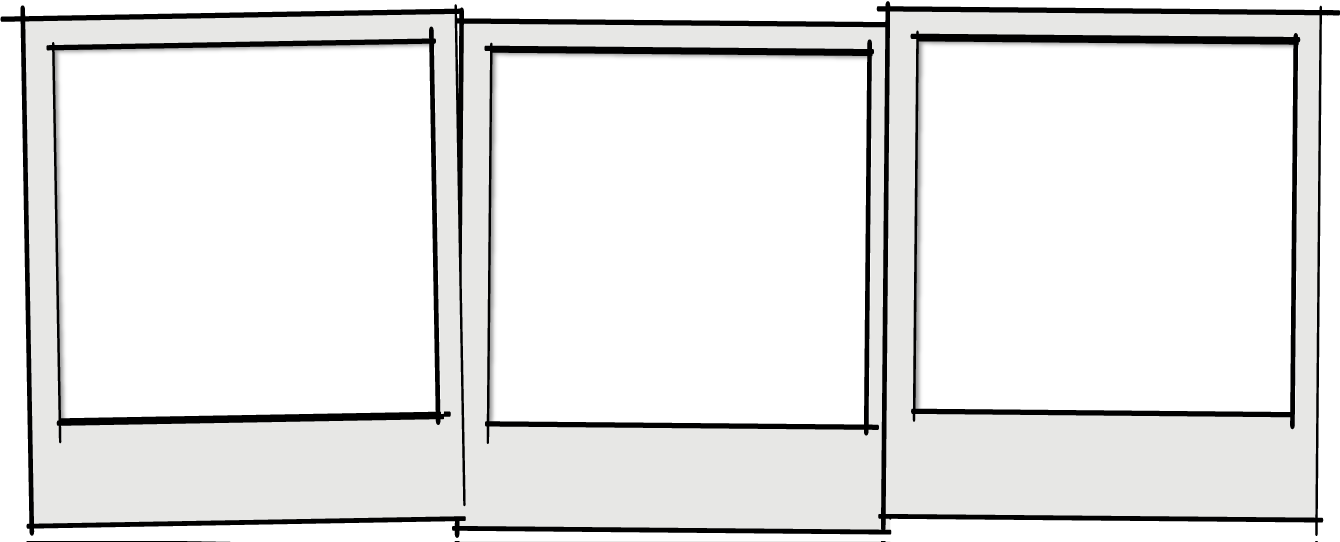We wouldn’t be able to engage, involve or immerse our clients in meaningful practice without our group of Associate Actors. Their creativity, flexibility and precision drives our ability to get to the heart of the learning and bring it to life for each delegate.
Our actors are located across the globe and their range of experience as freelance creatives is extensive; stage, screen, comedy, improvisation… We take all of that and turn it into a rehearsal resource for our clients. What does that mean? It means we encourage our Actors to leverage their skills in a special way when they work with us.
Creativity: to Engage rather than Entertain
An Actor’s job is to be believable as a character, to hold an audience’s attention. They must inhabit a role; thinking and making choices as a character in a way that gives life to the story. Improvising requires the ability to switch mind-sets, to respond with flair to different characters, places and events, building a story from instinct. These demands mean our Associates have strong creative muscles. They can generate believable characters, ideas, emotions, situation and story, with great flexibility. They can also assimilate themselves into our clients’ organisations in a way that feels truthful. However, our focus is to have them use this creativity to engage rather than simply to entertain.
A focus on entertainment can sometimes drive an actor to reach for the choice that will most interest their audience, that makes them laugh or intrigues them. But our focus is to help our audience grow. What might be that the most interesting choice story-wise, isn’t necessarily the best one for the learning.
Character A needs to give Character B some feedback. It doesn’t go well. B is angry, A is unclear.
An interesting choice – have B throw their coffee over A? Burst into tears? Reveal a dramatic personal motivation for some of their recent behaviour?
A choice that might build learning – have B articulate why this isn’t going well “it feels to me like you’re telling me to be a different person, I’ve been here 5 years doing a decent job and suddenly you’re saying I need to change, why?” Then give A the chance to respond to those concerns…to navigate a path towards best practice.
Ultimately, we want to shift our audience from interested observers, to active participants. To do that in a useful way, we need a structure that is different to a regular performance.
Rehearsal mode v performance mode.
Bi-Jingo believe that to bring theory to life, both the actors and the delegates need to be able to inhabit it – try it on, walk around in it, test it out. Actors do this when they are in rehearsal – they explore the story by getting underneath what drives its structure; objectives, pivotal moments, the impact of certain behaviour. We transfer this approach to the training room where the Model or the Theory (rather than the story) becomes our structure for exploration. Rather than performing to the delegates, our focus is to provoke curiosity, then to have the delegates join the actors in the task of exploring the theory. We build our scripts, scenes and exercises with this in mind.
We immerse the delegates in a useful ‘reality’ that builds best practice. Crucially, in our work, the delegates should never feel a need to ‘act’. They must respond as themselves, or the learning will not be transferrable to the workplace. To facilitate this, our actors stay firmly in rehearsal mode. They are fully inhabiting a character, shaping the challenge level in a way that draws the delegate into the scene, but they are also alert to the moments that need refining through feedback and repetition. There is no pressure for ‘performance’ this is about exploring what works and why. No interaction will be the same because each delegate’s response will be different.
Our brand is founded on this concept of creative rehearsal. We cultivate it in our people, our design and our approach to our clients worldwide. We believe it is what sets us apart







